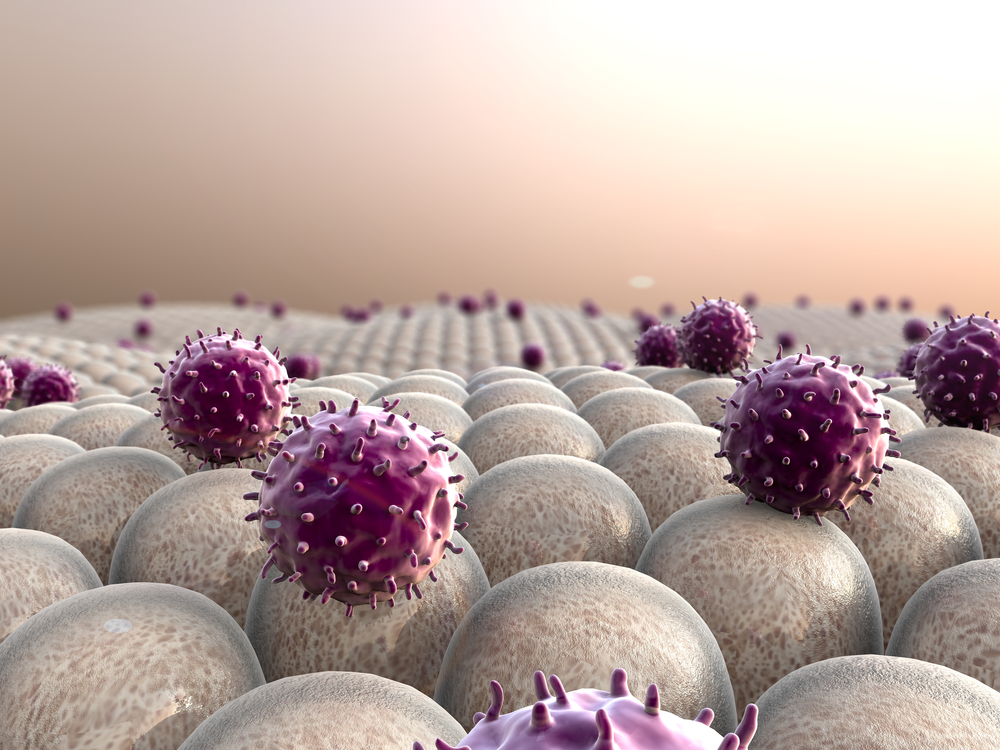Dieting Produces Metabolite that Prevents Inflammation in Alzheimer’s Disease
Written by |

 In a new study entitled “The ketone metabolite β-hydroxybutyrate blocks NLRP3 inflammasome–mediated inflammatory disease,” researchers report to have found a natural body producing metabolite – β-hydroxybutyrate (BHB) — capable of blocking NLRP3 inflammasome activation, a multi protein complex that promotes secretion of pro-inflammatory cytokines and is a key mediator in inflammatory diseases and conditions that are known to be driven by states of inflammation, such as Alzheimer’s Disease. The study was published in the journal Nature Medicine.
In a new study entitled “The ketone metabolite β-hydroxybutyrate blocks NLRP3 inflammasome–mediated inflammatory disease,” researchers report to have found a natural body producing metabolite – β-hydroxybutyrate (BHB) — capable of blocking NLRP3 inflammasome activation, a multi protein complex that promotes secretion of pro-inflammatory cytokines and is a key mediator in inflammatory diseases and conditions that are known to be driven by states of inflammation, such as Alzheimer’s Disease. The study was published in the journal Nature Medicine.
Ketone bodies, including the β-hydroxybutyrate (BHB) and acetoacetate (AcAc) are normally produced by the liver of mammals during fasting conditions and serve as alternative energy sources, instead of glucose, for several key organs — brain, heart and skeletal muscles. During prolonged fasting, the concentration of ketone bodies increase significantly, and this switch from glucose to ketone bodies (fasting period) is associated with changes in immune cells function. However, whether ketone bodies impact the innate immune response is currently unknown.
In this new study, a research team at Yale School of Medicine tackled this question and focused on the role of ketone bodies in the NLRP3 inflammasome, a multi protein complex that regulates the secretion of pro-inflammatory cytokines – IL-1 β and IL-18 – in macrophages, specialized immune cells. The authors discovered that only β-hydroxybutyrate (BHB) suppressed NLRP3 inflammasome activation by different stimuli. The authors performed further studies and identified BHB negative impact on NLRP3 inflammasome is independent of starvation mechanisms but rather acts by inhibiting mechanisms of NLRP3 inflammasome activation, namely, K+ efflux from macrophages and polymerization of adaptor protein ASC. Both processes culminate in failure of inflammasome assembly.
The team translated their results into in vivo mouse models of inflammatory diseases mediated by NLRP3, including Muckle–Wells syndrome, familial cold autoinflammatory syndrome and urate crystal–induced peritonitis and observed that administered BHB or a ketone-rich diet decreased inflammation.
Vishwa Deep Dixit, professor in the Section of Comparative Medicine at Yale School of Medicine and study lead author commented in a press release, “These findings are important because endogenous metabolites like BHB that block the NLRP3 inflammasome could be relevant against many inflammatory diseases, including those where there are mutations in the NLRP3 genes. Our results suggest that the endogenous metabolites like BHB that are produced during low-carb dieting, fasting, or high-intensity exercise can lower the NLRP3 inflammasome.”





